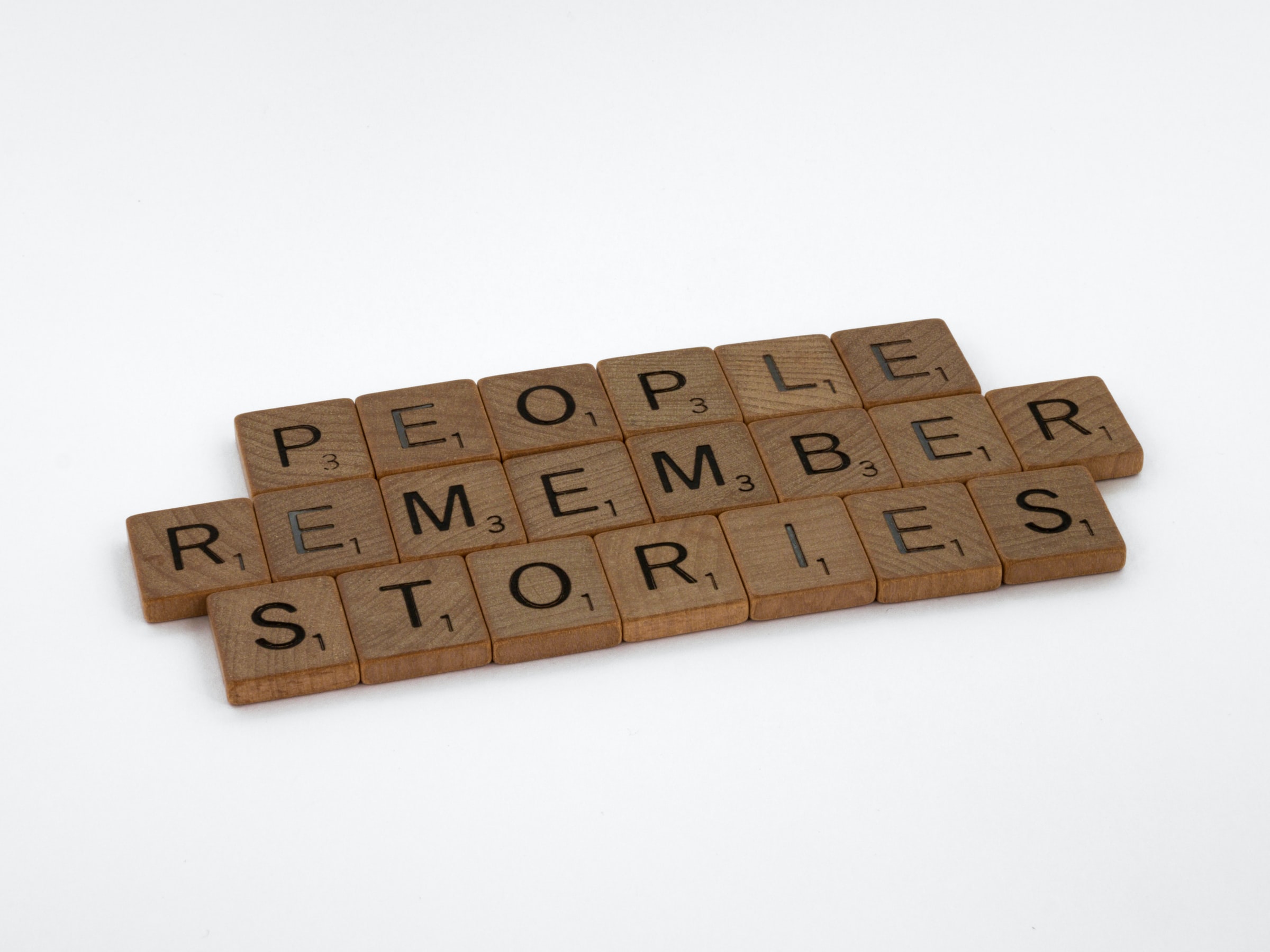
There are a lot of facts on information retention in one’s memory. Short-term memory can store information for up to a minute. If there is no repetition of information, the brain treats it as unimportant and people forget it. What to do if it is necessary to retain this information for a long term? There are several effective memorization techniques for you to study better backed by science. They can be useful in academic and content writing or in your life.
Spaced Repetition
Spaced repetition is the first method of learning to discuss due to its proven effectiveness. It is based on the so-called spacing effect. Neuroscientists have discovered that intervals during learning are more effective than studying without such or when these are too short (Smith & Scarf, 2017). Studying with short intervals is also known as massed practice, sometimes cramming.
Therefore, when you need to retain information for a long term, use spaced repetition:
- Space out learning sessions,
- Create notes,
- Use flashcards to repeat the main points,
- Determine learning intervals.
Different research results show that training with longer intervals is better than that with several hours per day (Smith & Scarf, 2017). In other words, an 1-hour learning session 5 days a week is better than 5-hour learning limited to one day.
Similarly, even 15-minute physical activity each day is better than exhaustive workout for several hours one day per week. Besides, spending less time with intervals does not compromise productivity. On the contrary, intense learning can lead a decline in performance and make you spend time on studying ineffectively. That is why popular time management strategies that really work are based on tasks performed with intervals.
However, sometimes, there may be no time to set intervals that are 24-hour long. For example, in case you have to remember information and reproduce it or deliver a speech in 2 hours, it is better to space out the learning session with shorter intervals rather than repeating or cramming without such. The reason is that when you read some information for the first time and then do not return to it, the brain forgets it, considering it as ‘unimportant.’ However, repeating it with intervals several times, information becomes important to remember.
Memory Palace as One of the Effective Memorization Techniques
This ancient technique is also known as the method of loci. It is based on creating visual associations. For example, to use this method, imagine a familiar place like your house and rooms where you can place “things to memorize” or associate these things with objects in the house. Then when you have to recall them, imagine you are walking throughout each room, see things, and recall them. The main recommendations to use the technique are as follows
- Choose a familiar place to imagine like a house, garden, city street, etc.
- Organize related things in one place (locus, room).
- Associte abstract things with objects in the room.
- ‘Put’ things in specific order.
Aboriginal Memorization Technique
This method was developed by Australian Aboriginal people and is based on linking information to remember to a story in addition to a place, as discussed above. To use this technique, there are several tips:
- Visualize a place,
- Arrange things,
- Use metaphors for abstract things to remember,
- Develop a story for this visualized place and things,
- Reproduce the story to retrieve information.
Both memory palace and aboriginal memorization techniques are good for short-term information retention. They are effective for memorizing and reproducing things in sequence. For long-term memorization, combine these methods with spaced repetition to study better.
Reference
Smith, C. D., & Scarf, D. (2017). Spacing repetitions over long timescales: A review and a reconsolidation explanation. Frontiers in Psychology. https://doi.org/10.3389/fpsyg.2017.00962

Leave Your Feedback